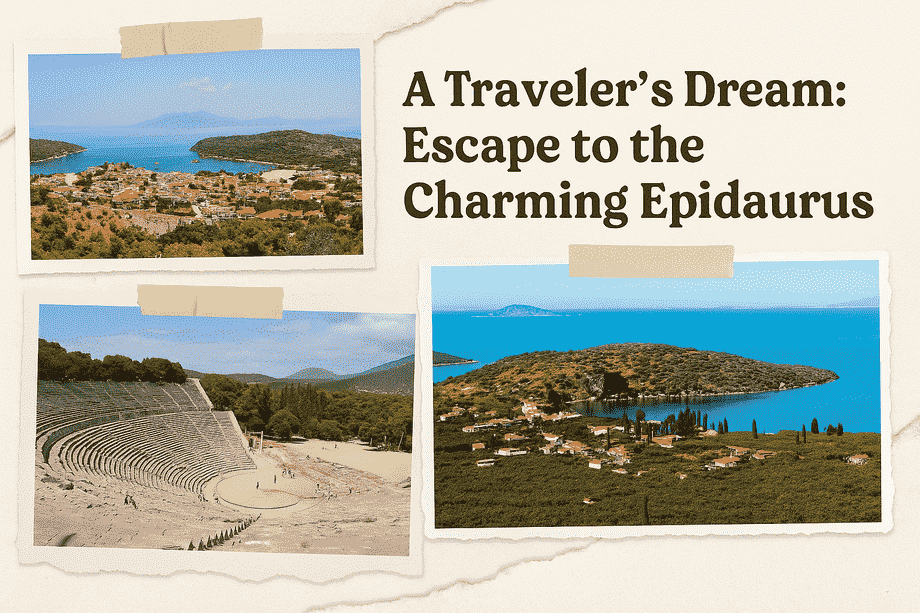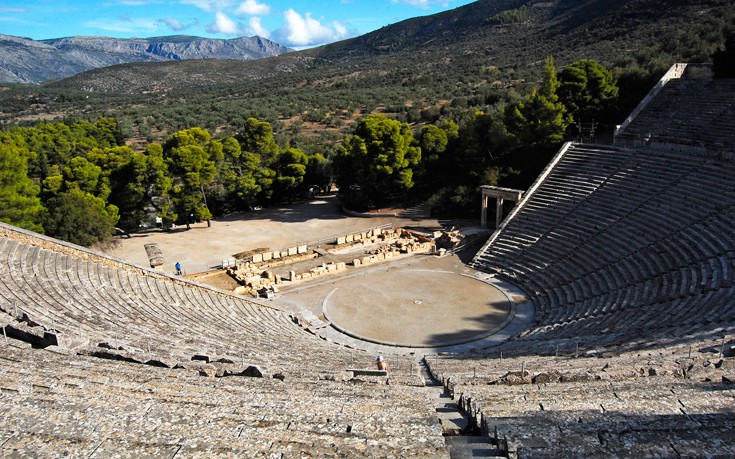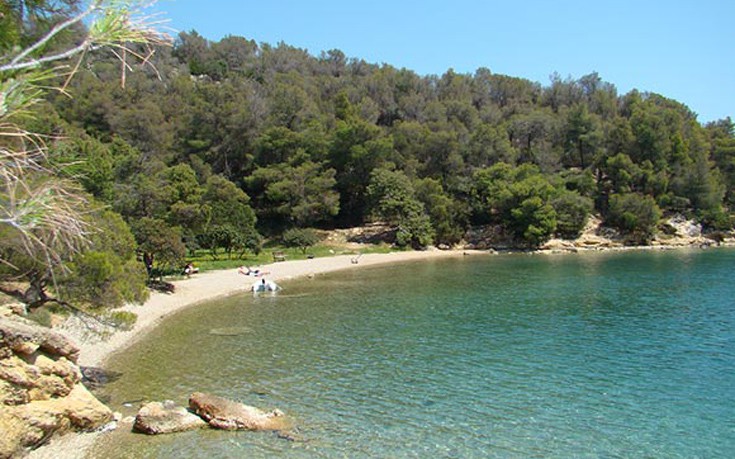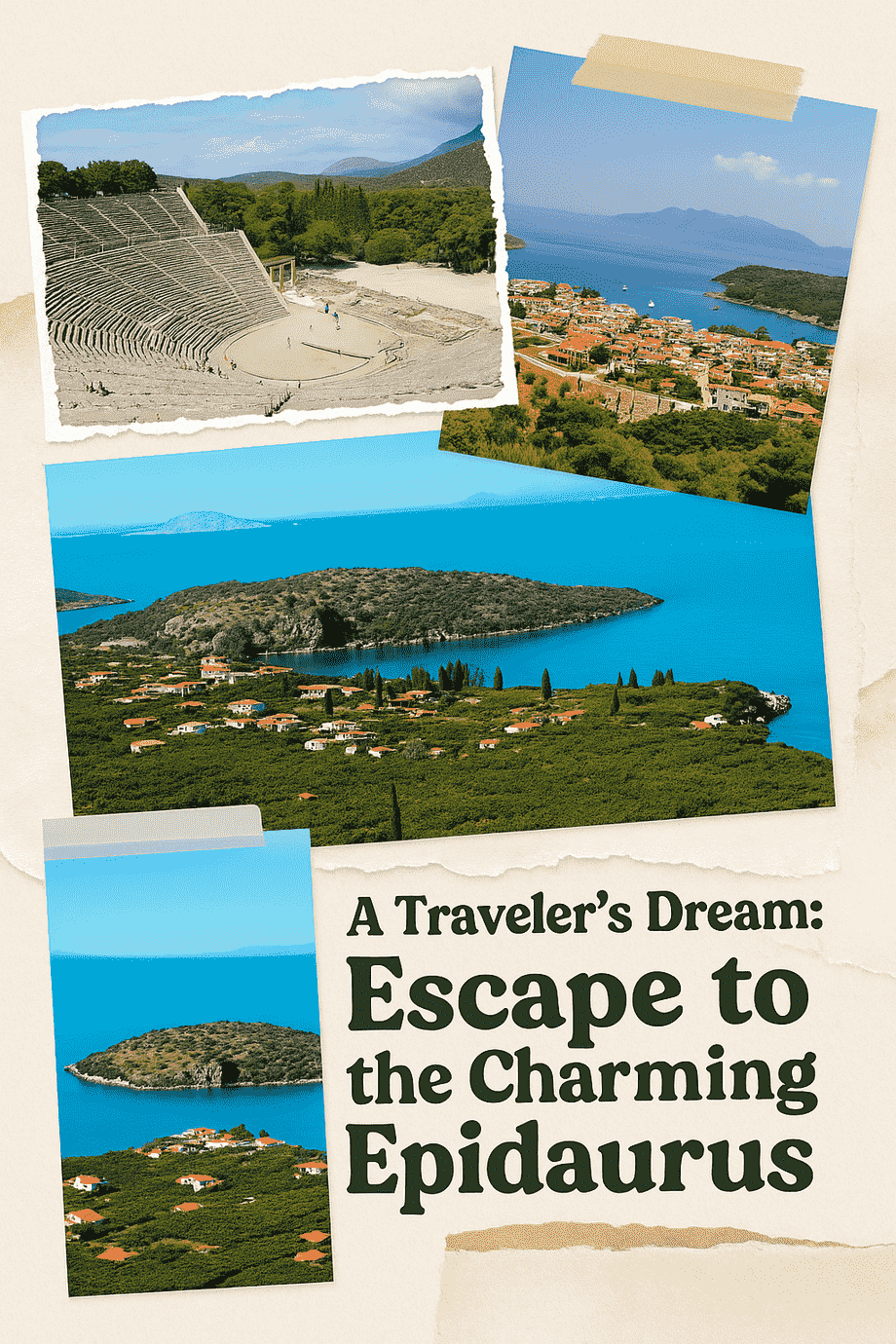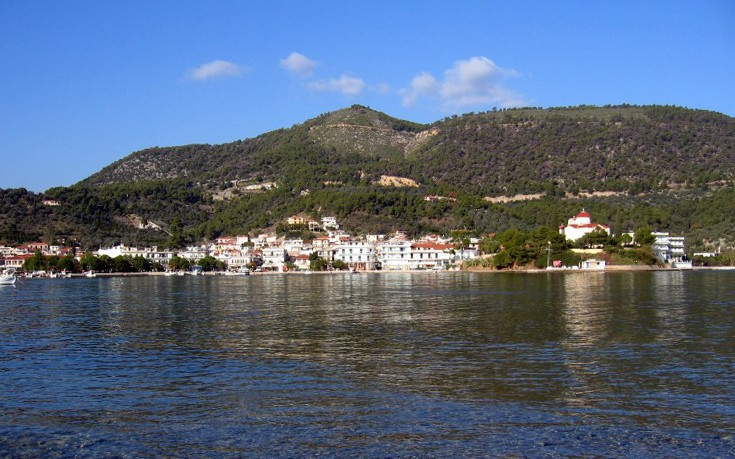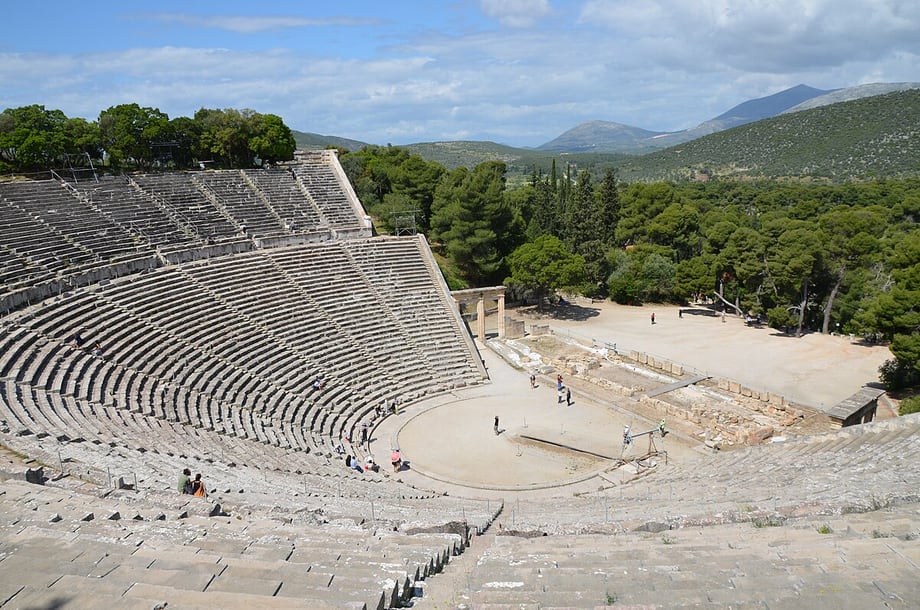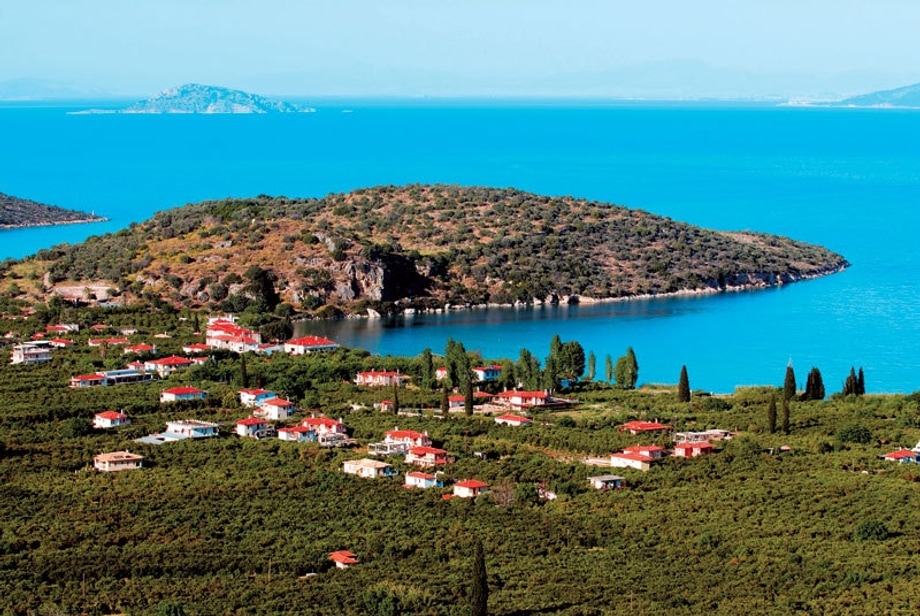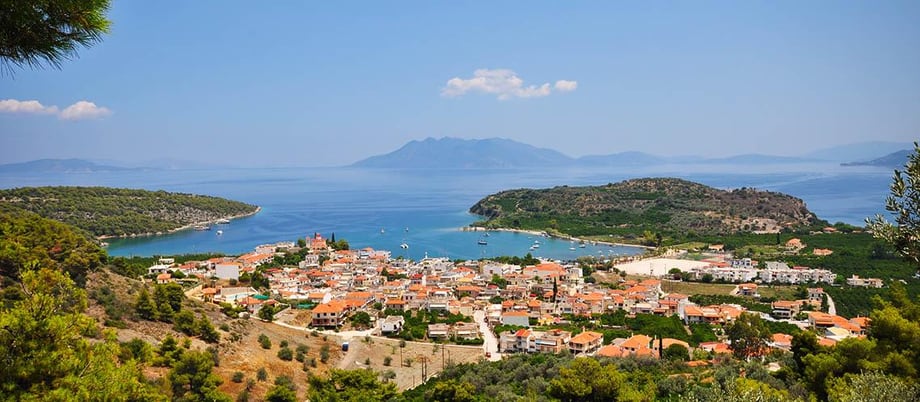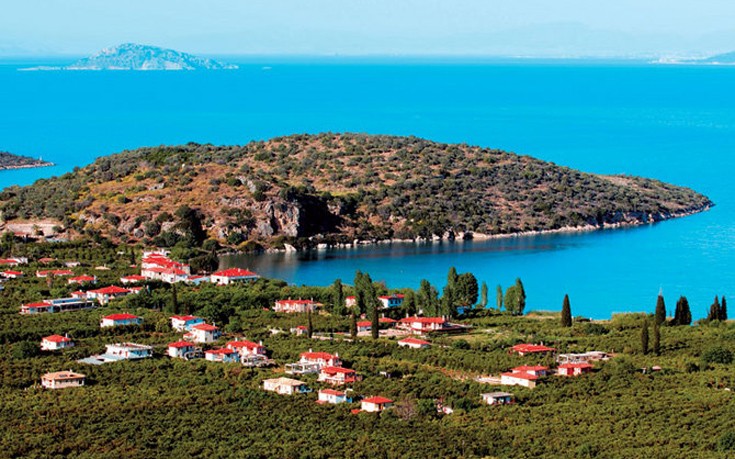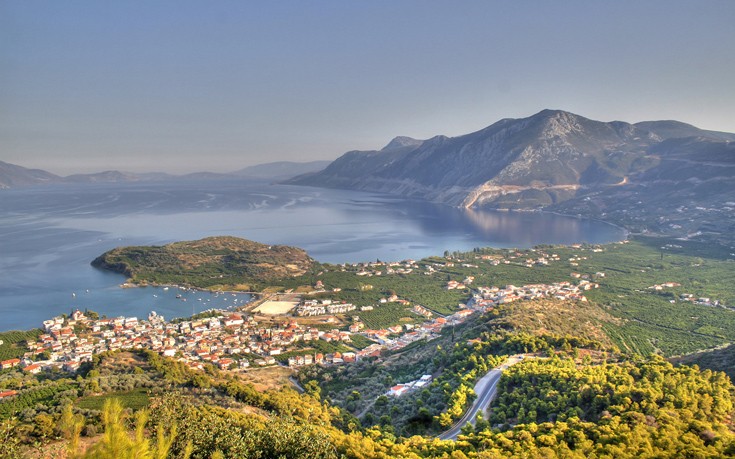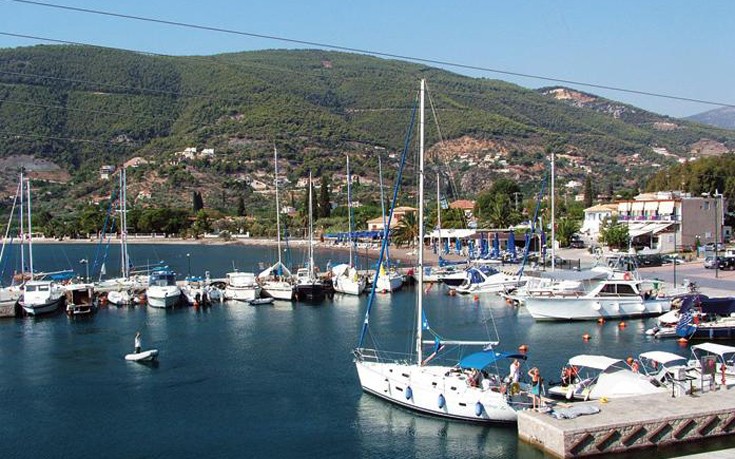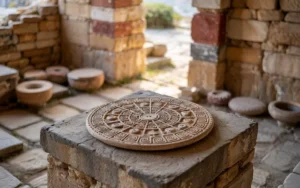Epidaurus Discovering the Hidden Soul of Greece
Greece is filled with iconic destinations — Athens, Santorini, Mykonos. But tucked quietly into the northeastern Peloponnese lies a place far from the crowds, filled with ancient secrets and timeless beauty. Welcome to Epidaurus, a destination that feels untouched by time. It’s where mythology, history, and serenity combine to create one of the most magical escapes in Greece. If you’re looking for an authentic, quiet, and soul-nourishing experience, Epidaurus might just be your dream come true.
Where Is Epidaurus?
Epidaurus is located in the region of Argolis in the northeastern part of the Peloponnese Peninsula. It’s about a 2.5-hour drive from Athens and makes for a perfect weekend getaway or a peaceful addition to a longer road trip across southern Greece. Though not a secret, it remains one of the lesser-visited gems of the country, making it ideal for travelers seeking tranquility and authenticity.
Why Epidaurus Is So Special
What makes Epidaurus stand out is its harmony. This is a place where you can connect with nature, ancient history, and traditional Greek life — all in one compact area. The site is best known for its UNESCO-listed ancient theatre, one of the best-preserved in the world, but the charm of Epidaurus goes far beyond ruins. From quiet olive groves to sunlit coves, and from mountain paths to fish tavernas by the sea, it’s a peaceful retreat full of discovery.
The Legendary Theatre of Epidaurus
The ancient theatre of Epidaurus is the crown jewel of the area. Built in the 4th century BCE, it could hold up to 14,000 spectators. What makes it remarkable is not just its scale, but its acoustics. Even from the top row, you can hear a whisper from the stage. Performances still take place here during the summer Epidaurus Festival, and watching a play in this ancient setting is a life-changing experience.
Even if you’re not lucky enough to catch a show, walking through the site is mesmerizing. You’ll feel the history in every stone. The theatre is surrounded by trees and rolling hills, adding to its calm, meditative atmosphere. Tickets cost around €12, and the site is open year-round, though spring and early autumn offer the best weather.
Beyond the Theatre: The Sanctuary of Asclepius
Few people know that Epidaurus was once one of the most important healing centers in the ancient world. The Sanctuary of Asclepius, just steps from the theatre, was dedicated to the god of medicine. Pilgrims from all over the Mediterranean would come here seeking cures.
The ruins include temples, baths, dormitories, and a stadium. You can imagine the rituals and hope that once filled this sacred place. Walking among the columns and wildflowers feels like stepping into a lost world of calm and faith. It’s not crowded, and you can explore at your own pace.
A Town with Two Lives: Old Epidaurus and New Epidaurus
There are actually two Epidauruses. Old Epidaurus (Palaia Epidavros) is a charming seaside village with a small port, whitewashed houses, and a very relaxed pace. It’s the perfect place to stay if you want a coastal vibe. You can swim in clear water in the morning, explore ruins in the afternoon, and have fresh fish by candlelight in the evening.
New Epidaurus (Nea Epidavros), on the other hand, is a traditional inland village with winding streets and a more mountainous feel. It’s more authentic and local — you’ll find older tavernas, friendly locals, and quiet views over the valley. Both places are within a short drive of the ancient theatre, so you can easily explore both.
Beaches That Will Surprise You
Epidaurus isn’t famous for beaches, but that’s part of the magic. There are no loud clubs or packed sunbeds here — just hidden coves and family-friendly shores with crystal-clear water.
Kalamaki Beach is one of the most beautiful. It’s framed by pine trees and has soft sand with shallow waters. Perfect for a calm swim and a lazy day in the sun.
Another must-visit is Vagionia Beach. What makes it special is what’s below the surface — ancient sunken ruins from the old city of Epidaurus. You can snorkel around centuries-old walls just meters from the shore.
There are also small pebbled beaches right next to Old Epidaurus where locals swim at sunrise. Everything feels natural, unhurried, and unspoiled.
Food for the Soul (and Stomach)
Food in Epidaurus is as honest as the place itself. Many tavernas use ingredients grown just a few kilometers away. You’ll eat olives that were picked that morning, tomatoes that actually taste like tomatoes, and seafood straight from the boat.
Try “To Perivoli T’Ouranou” in Old Epidaurus — a family-run place that grows its own herbs and vegetables. Their grilled octopus and eggplant salad are unforgettable.
In New Epidaurus, head to the taverna “Kapileio tou Andrea” — it’s simple, traditional, and full of local families on weekends. Try lamb baked with herbs and local cheese.
Meals here cost around €12-15 per person, including house wine. Don’t skip dessert — many tavernas offer fresh fruit or homemade sweets on the house.
Where to Stay
You won’t find luxury resorts here, but that’s part of the appeal. Instead, you’ll find cozy guesthouses, beachside apartments, and family-run hotels.
In Old Epidaurus, look for seaside options like “Sunny Garden” or “Heleni Apartments,” where you’ll wake up to the sound of waves and have breakfast under lemon trees.
If you prefer the mountain air, “Nefeli Guesthouse” in New Epidaurus offers stunning views and warm hospitality. Prices range from €50 to €80 per night depending on the season.
When to Go
The best time to visit is from April to June or September to early November. These months offer pleasant weather without the tourist crowds. Summer is hotter but still relatively quiet compared to other Greek destinations.
If you want to catch a performance at the theatre, plan your trip during the Epidaurus Festival in July and August. Tickets can sell out early, so book ahead if that’s your main goal.
Winter is very quiet and many places close, but if you’re after complete solitude, it can be a magical time to visit.
How to Get There
Driving is the easiest way to reach Epidaurus. From Athens, take the National Road toward Corinth, then head south toward Nafplio and follow signs to Epidaurus. The drive is scenic and takes around 2.5 hours.
There are also buses from Athens to Nafplio, with connections to Epidaurus, but schedules are limited. Renting a car gives you the freedom to explore at your own pace.
Parking is easy and usually free, whether you’re at the theatre, the beaches, or in the villages.
What to Pack
Pack comfortable walking shoes — the ancient sites and hilly villages require some strolling. Light clothing for summer, but bring layers for the cooler evenings, especially in spring and fall.
Swimwear, of course, and a snorkeling mask if you want to see the sunken ruins. Sunscreen, a hat, and a reusable water bottle are all smart choices.
If you’re coming in festival season, bring something light but dressier for an evening at the theatre — locals treat it like a special occasion.
More Than Just a Stop: Stay a While
Many people visit Epidaurus as a day trip. That’s a mistake. The real magic of the place reveals itself slowly. Stay for two or three nights. Let your pace match the rhythm of the village. Sit on a bench and talk to a fisherman. Watch the sun set behind the pines. Let the peace of the place sink into your bones.
Make It Part of a Road Trip
Epidaurus fits beautifully into a Peloponnese road trip. You can combine it with Nafplio, one of Greece’s prettiest towns, just 40 minutes away. Or continue south to explore ancient Mycenae, the castles of Monemvasia, or the wild beauty of the Mani Peninsula.
But even on its own, Epidaurus has enough to fill your soul with wonder.
Final Thoughts: A Gentle Slice of Greece
Epidaurus is not a place of flash and noise. It won’t impress you with glitter or gimmicks. But if you’re looking for something deeper — something timeless — it might just be the destination you’ve been dreaming of.
It offers peace without boredom, history without crowds, and beauty without pretense.
So pack your bag, slow down your heart, and let Epidaurus show you the quiet magic of ancient Greece. It’s waiting — just for you.

